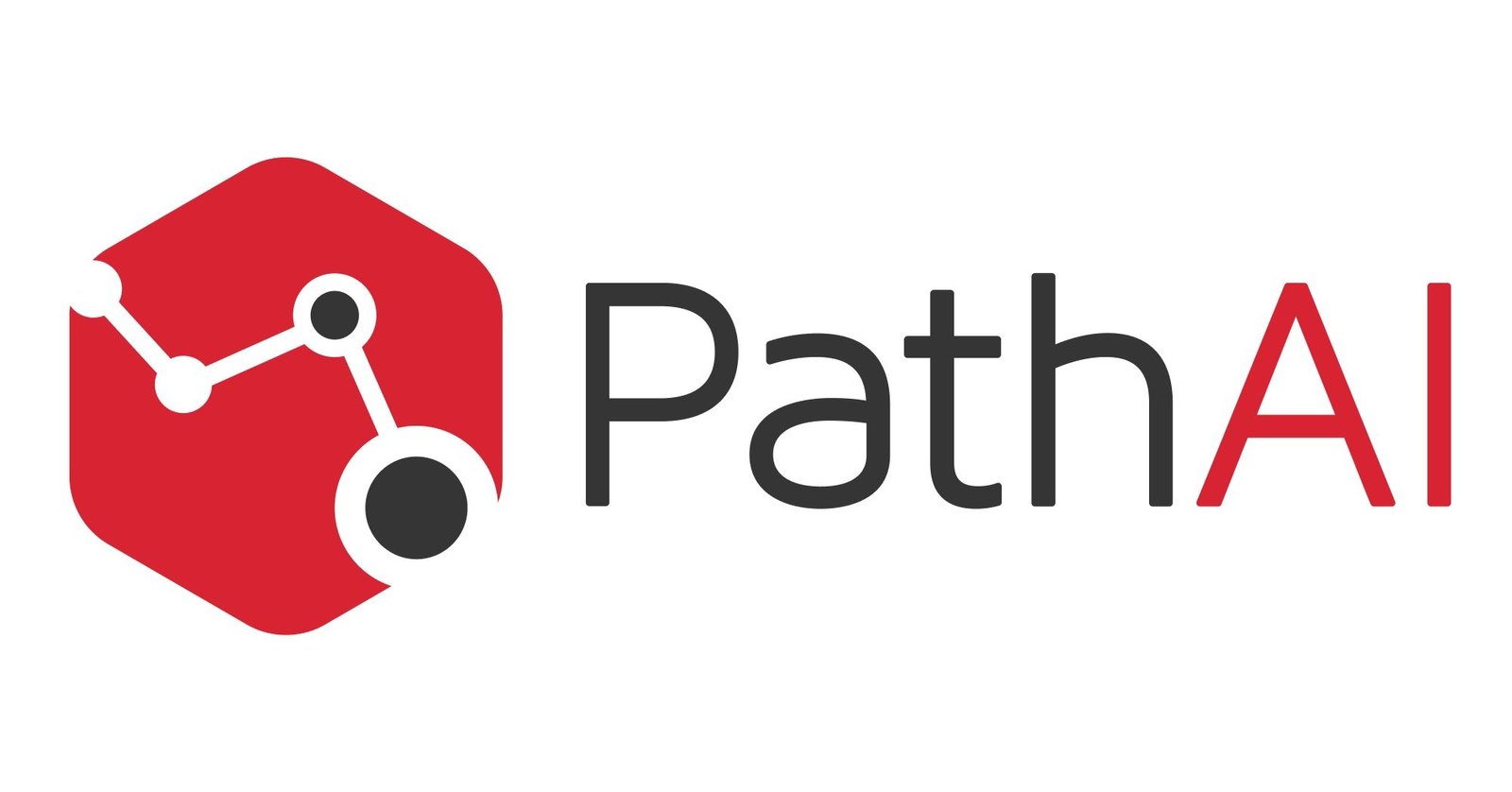PathAI has a promising journey ahead as per market reports. The startup is already five years old and creates AI-based tech that supports pathologists. The unique platform taps into deep learning and machine learning (ML) for enhancing treatment diagnostic abilities alike, swiftly identifying biomarkers for diseases, and forecasting the responses of patients towards several kinds of treatments.
PathAI has already garnered $165 million in funding as part of its Series C round. The main drivers of funds were Kaiser Permanents and D1 Capital Partners, while other participants include Merck’s Global Health Innovation Fund, Labcorp, and Bristol Myers Squibb. The last round comes soon after the Series B round where the company raised $60 million. This was taken from an investor group spearheaded by General Atlantic in 2019. The round closed after six months, with another $15 million from Bristol Myers Squibb and the Merck Global Health Innovation Fund.
The fresh funds will help the company take its commercial presence forward, while beefing up its expertise in clinical research. The company is based in Boston and is already planning to adjust its technologies for usage across new indicators of diseases. This will go beyond its current scope with regard to treating and diagnosing NASH (non-alcoholic steatohepatitis) and cancer. The funds will also enable the platform to take up research in the biopharmaceutical segment, while identifying prospective targets, taking up clinical trials, and embarking on commercialization.
PathAI already collaborates with diagnostics providers, researchers, and digital pathology entities for developing and using AI-backed technologies. These help for diagnosing and treating varied ailments. Labcorp has already extended its partnership with PathAI sometime earlier. The partnership will have Labcorp tapping PathAI’s proprietary algorithms for the identification of disease-based biomarkers, along with positive patients responding in the best possible manner towards specific types of treatments. This will come in handy for enhancing clinical trials under the management of the drug development division at Labcorp. The company will also be looking into the future scope of leveraging AI-based algorithms for building and commercializing specific diagnostic devices for adding to the drugs that are being developed. PathAI has already laid out the results of a joint research study with Gilead. This demonstrates the abilities of ML tech at PathAI, in terms of ensuring the analysis of biopsies of the liver for accurate forecasting of NASH progression, along with hepatitis B of a chronic nature. It helps figure out the effectiveness of regular treatments, working as an indicator of the prospective usage of AI in the enhancement of treatments and diagnoses for liver-based ailments.
